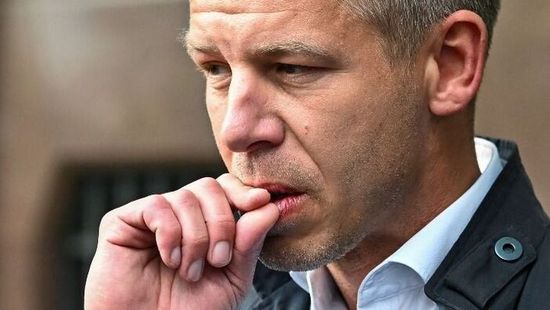Ez is napvilágot látott: Magyar Péter tudhatta, milyen bosszút forralnak Magyarország ellen

A szakértő szerint közölték a Tisza Párt elnökével, mi a feltétele a hivatalban maradásának.

Without the anti-apartheid sport protests of the 1970s and the African National Congress's triumph, this year's World Cup couldn't have happened.
„Today visiting football fans and TV viewers probably find it impossible to comprehend the incredible brutality and inhumanity of apartheid. Laws even barred me, as a schoolboy in Pretoria in the late 1950s and early 1960s, from playing football with or against anybody who did not have white skin. Aaron Mokoena, who plays for Portsmouth, would not have been able to captain Bafana Bafana, South Africa's national team.
Had there been no sports apartheid protests, had Nelson Mandela's African National Congress not triumphed, had apartheid not fallen and the country morphed miraculously into a rainbow nation, this World Cup could not have happened – it would have been a surreal impossibility. Where black South Africans – traditionally football rather than rugby fans – used always to cheer on any visiting team because they could never support the whites-only national sides, this time they ecstatically backed Mokoena's boys.
The fans consoled themselves after the team's sad early elimination with a dream fulfilled, the vuvuzela World Cup, the first on the African continent, billions worldwide following football as the truly global game, and seeing their country's bubbling beauty. And many raised a glass to a now frail old man who never, ever, gave up hope. If you were able to stand on the roof of the spectacular new Green Point stadium on its Cape Town promontory, you might just glimpse the island where Nelson Mandela spent the prime decades of his life, determined that his people would one day be free and able to grace the world. In the last few weeks they have confounded all the sceptics and done so with verve and pride.”